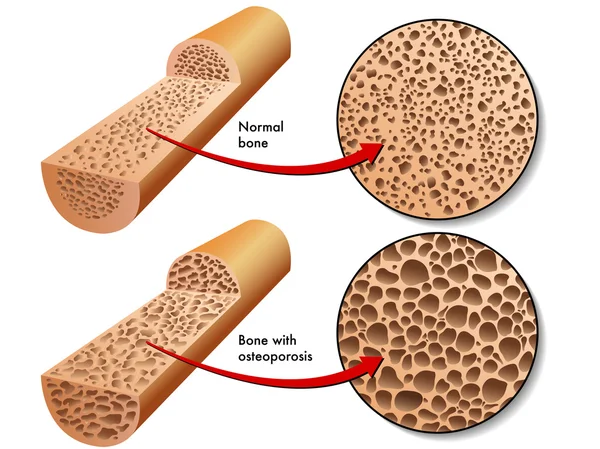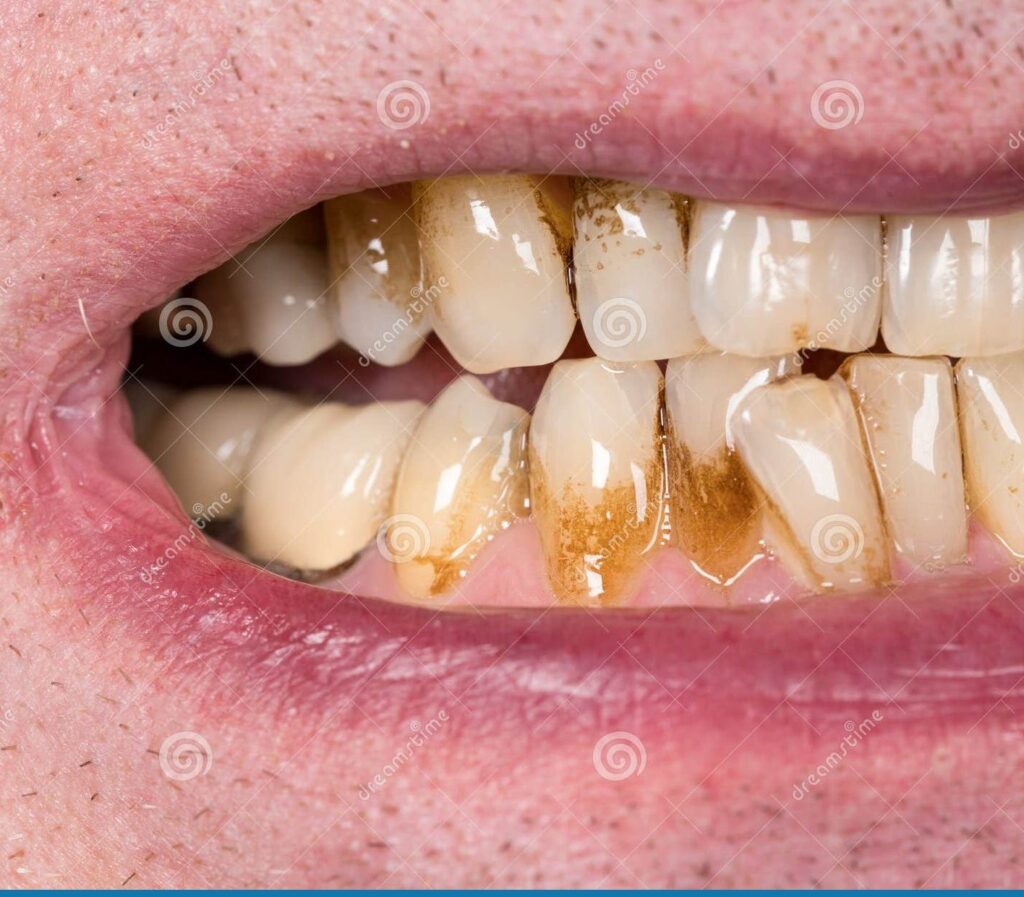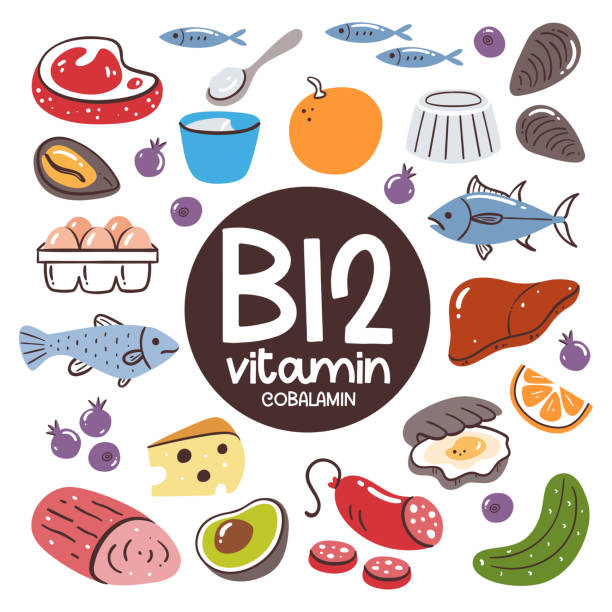
Vitamin D also labelled as ‘sunshine vitamin’ is essential for bone health and other important functions of the body such as immunity. The active form of this vitamin, calcitriol or DHCC, is synthesized in human kidney and goes to circulation from where it enters intestinal mucosa and bones. Here, it serves its hormonal function in the process of absorption, reabsorption and mobilization of Ca++. Also, cholecalciferol (D3) regulates the blood calcium levels. Parathyroid hormone (PTH) moderates the amount of active vitamin D and PTH in turn is controlled by the serum calcium levels.
Mineralization of growing bones, enameling of teeth and basal metabolic rate (BMR) are all promoted by calcitriol. The antirachitic effect of vitamin D prevents the softening of bones by maintaining the plasma calcium levels. Deficiency may present with diverse symptoms like fatigue, bone pain, hair loss, muscle weakness, depression, skin rashes, tooth decay etc. Since this vitamin is also produced by exposure to sunlight, staying indoors or living in northern climate pose the risk of deficiency.
SYMPTOMS OF VITAMIN D DEFICIENCY:
1. Bone and Muscle weakness:
These symptoms may not interfere with the routine life in mild form. However, upon excursion, may become clearly visible. Low blood calcium level or hypocalcemia subject to vitamin D deficiency leads to muscle weakness, cramps, fatigue etc. In such cases, secretion of PTH is increased to restore the plasma Ca++ at the expense of bone demineralization making the bones soft and increasing the risk of fractures. Osteomalacia in adults and Rickets in children are the conditions of bone weakness causing bowed legs and other improper growth patterns along with joint deformities. Cholecalciferol as coenzyme supports the function of alkaline phosphatase (ALP), the enzyme dedicated to bone formation through reabsorption of Ca+ from the kidneys.

2. Tooth decay:
Calcitriol sustains the dental hygiene by protecting its enamel and preventing caries. Infact, prenatal vitamin supplementation is suggested to pregnant females for healthy teeth of developing babies after birth. Vitamin D, by nourishing the teeth paves the way for effective chewing and mastication of food ultimately promoting the absorption of calcium. The absence of this nutrient expedites irregular rough teeth and enamel loss. Also periodontitis or gum inflammation is seen in affected individuals with slowed healing.

3. Immune system disorder:
Symptoms like bronchitis, pneumonia, common cold, often getting sick even from minor infections are all due to immune system disorder as a result of vitamin D insufficiency. Wound healing is slowed considerably as the availability of vitamin for the cooperation with defense cells of the body is reduced. Moreover, the natural antibiotics formed by its intermediation is used to avert diabetes related foot ulcers and urinary tract infections (UTIs).

4. Skin and Hair conditions:
Excess melanin as in dark skinned individuals may interfere with the cholecalciferol synthesis on the surface of skin. Thus, diminished vitamin can not provide the skin barrier function and elicits irritation and swelling with rashes on epithelium. Undoubtedly, the immune regulatory property of vitamin D relieves eczema and Alopecia Areata linked to loss of hair from small patches of area. Hair growth and regeneration are observed with supplementation which improves hair follicle cycling and relieves alopecia subject to vitamin deficiency.

5. Insomnia and Depression:
Mood changes with surges of sadness and hopelessness especially during winters are the signs of calcitriol shortage. Secondly, the quality of sleep is affected transpiring shorter sleep durations and reduced productivity. Affected cognitive function and consequently distressed quality of life are also observed. The rationale lies in calcitriol’s ability to regulate the sleep hormone ‘melatonin’. In addition, its antioxidant role and active function in brain tissue is crucial for a proper mental health. The ability of vitamin D to cross the blood – brain barrier causes problems with mental functions in case of shortfall.

Vulnerable Groups:
- People on medications such as laxatives, cholesterol lowering drugs, anti seizure drugs or other steroids.
- Infants only on breast milk are at risk too as the quantity of vitamin D in breastmilk is small as compared to fortified milk.
- Elderly as with increasing age, the ability to synthesize vitamin D in skin is decreased.
- Dark skinned individuals as melanin in skin interferes with cholecalciferol synthesis on skin surface.
- People who stay in doors mostly or live in areas with little sunlight as well as those who cover themselves and thus have little to no sun exposure
- People with chronic diseases such as cystic fibrosis, kidney disease, Crohn disease etc.
Dietary sources of Vitamin D:
- egg yolk,
- fatty fish,
- canned fish,
- cod liver oil,
- beef liver,
- mushrooms
- In addition fortified cereals, milk, yogurt and multivitamins or supplements are also considerable sources.
Recommended Daily Allowance:
The RDA is affected by the age, place of living and even lifestyle.
For
- preschool children: 400 International Units (I.U) /day [10µg],
- children and adults : 200 – 400 I.U/day [5-10 µg].
- pregnant and lactating women = 400 I.U/day [10 µg].
- Senior citizens > 60 years of age = 600 I.U/day is recommended.
In tropical countries with plenty of sunlight less amounts may also be sufficient.
In severe cases of deficiency, seizures, coronary diseases, multiple sclerosis etc. may flare. Respiratory tract infections are also common. However, all these deficiency manifestations can be improved by dietary supplementation.
Disclaimer: This article is only for knowledge of the concerned individual and should not be considered as professional medical advice. Always consult your physician in case of any discomfort and take medications as per prescription.
